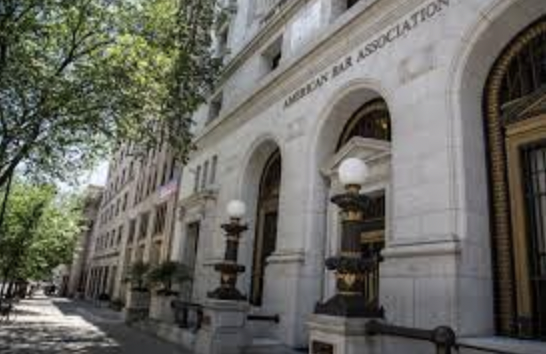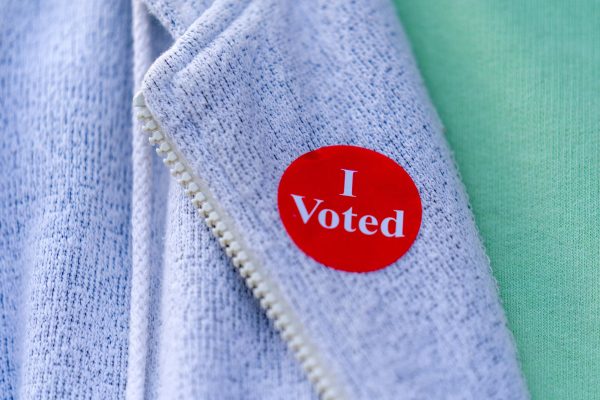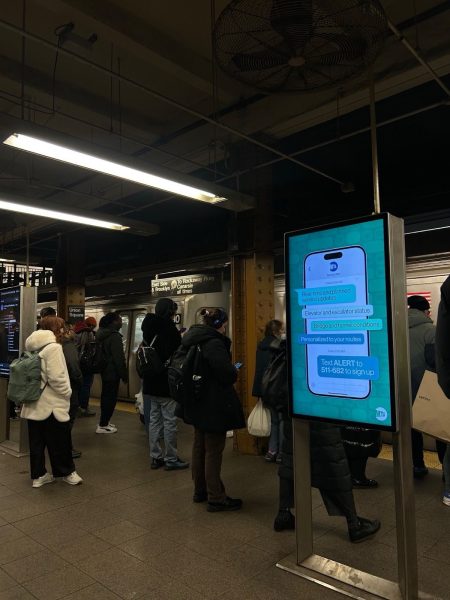Should Law Schools Be Test Optional?

The American Bar Association (ABA) building/ Wikimedia Commons
A panel of the American Bar Association (ABA) recently voted 15-1 for the Law School Admissions Test (LSAT) to be optional. Applicants will instead be able to choose to take the LSAT or Graduate Record Examination (GRE).
This vote comes after the ABA disclosed that the law schools of Yale, Harvard, Georgetown, UC-Berkeley, Columbia, and the University of Chicago will not be participating in the U.S. News and World Report ranking system.
Both of these events were reportedly efforts to promote diversity among admitted law school students in the future.
Both events impact the students of John Jay College, since John Jay is a minority-serving institution oriented toward the study of criminal justice. John Jay College is also an institution where 50% of students are first-generation college students and 75% of students attended a New York City public school.
Making the LSAT optional would progress the goal of incorporating representation into a profession that some say is too costly for many.
Shanea Soumakis, a law & society major at John Jay, shared her thoughts on this decision.
“The LSAT was basically created to gate keep law school,” she said. “One test should not be required to determine whether or not you deserve to go to law school, the work you put in for the past 4 years should be enough,” said Soumakis.
Some students wonder if declaring the LSAT optional could be a poor long-term decision in terms of admissions.
Andrew Cerbone, also a law & society major at John Jay, expressed his views on the standardized test.
“I think it’s a useful litmus test for who has the capabilities for law school,” he said. “People may get in without having what it takes to be in law school, let alone a lawyer,” said Cerbone.
The LSAT was not structured to test knowledge on topics, since it tests students’ ability to think in a logical, critical, and analytical manner.
The LSAT is also constantly being updated. For example, there is an ungraded variable component of the exam that is purely used by test makers to evaluate the current format’s efficacy.
On Monday, February 6th, 2023, a second vote was administered. The ABA’s House of Delegates did not vote in favor of the resolution that would have made standardized testing optional for applicants.
There will be other votes administered in the future, but for the foreseeable future law school hopefuls should continue studying for the LSAT.

Alexandra Cortese is a junior at John Jay College. She is majoring in law & society and is minoring in English literature.
Alexandra has previously...






